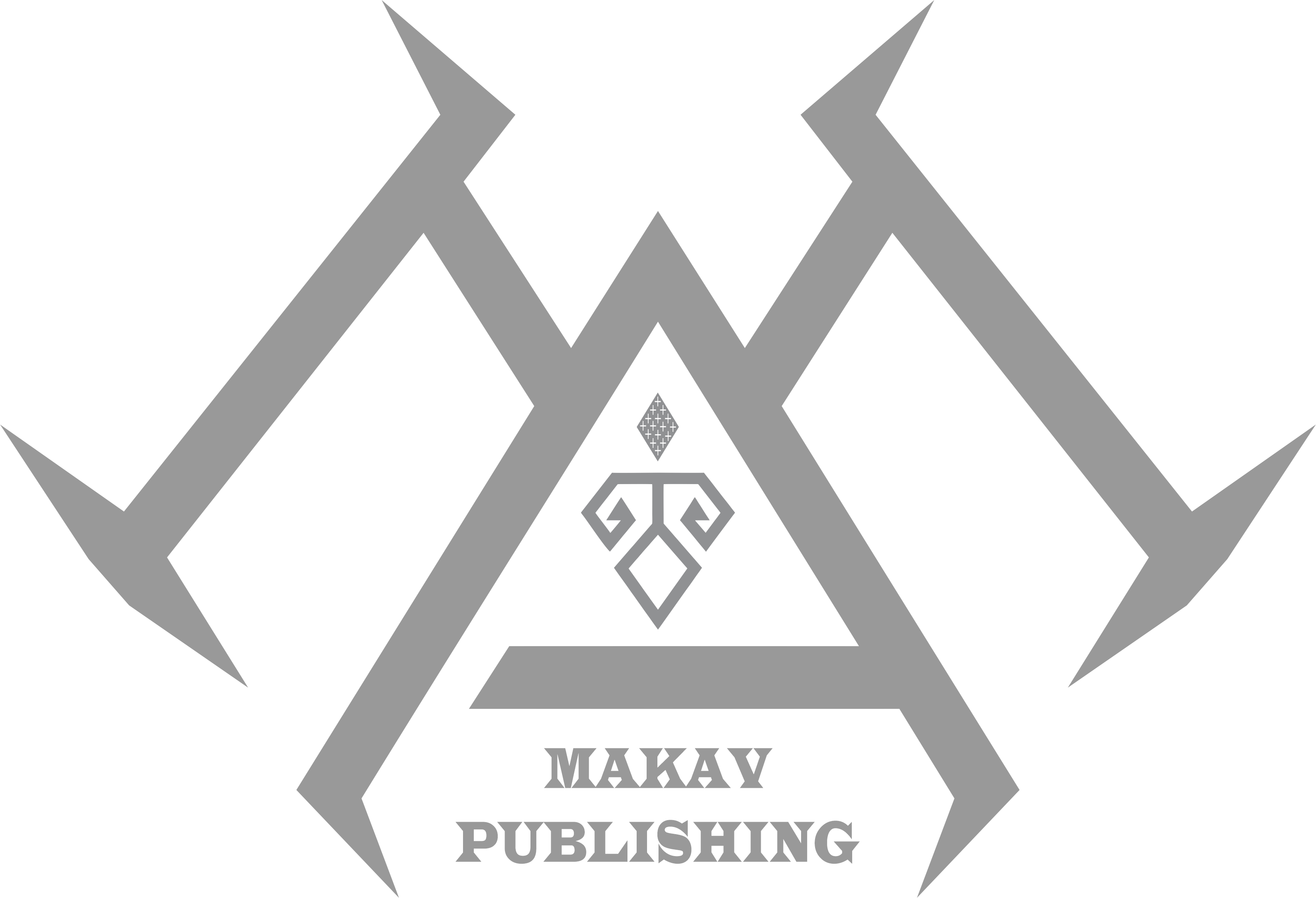Ethical Principles
Plagiarism and Attribution: Litteratus Mentes upholds the highest standards of academic integrity. Authors must ensure that all contributions are original and properly attributed to the original sources when using others' work or ideas. Plagiarism in any form is strictly prohibited.
Authorship and Contribution: All authors listed in a manuscript must have made significant contributions to the research. It is essential to accurately credit individuals for their contributions and to obtain their consent before listing them as authors.
Data Integrity and Manipulation: Authors should present accurate and transparent research data. Any manipulation or falsification of data is unacceptable and may lead to retraction or sanctions.
Conflict of Interest: Authors must disclose any potential conflicts of interest that could influence the interpretation or reporting of their research. This includes financial, personal, or institutional relationships that may bias the findings.
Informed Consent: Studies involving human participants must adhere to ethical guidelines and obtain informed consent from all participants. For research involving animals, ethical treatment protocols should be followed.
Publication Ethics: The journal is committed to publishing original and significant research. It will not publish articles that have been simultaneously submitted to other journals or that have been previously published elsewhere.
Reviewer Confidentiality: Reviewers are expected to maintain the confidentiality of the peer-review process and not disclose any information about the manuscript or its evaluation.
Inclusive Language: Discouragement of sexist or racist language is emphasized. Avoid using gender-specific terms when referring to mixed groups, opting for more inclusive language instead. Exercise caution and consideration when employing racial terms, and any deviation from these guidelines should be justified with proper reasoning.



